 |
| Couples visit Shenzhen Wedding Expo in March 2023 |
Chinese parents are turning to a new breed of online matchmaking services where they can create dating profiles and set up first dates for their unmarried children.
For over a year and a half, Wang Xiangmei, a retired worker in Zhejiang, China, has used three different dating apps to find the perfect husband — not for herself, but for her 28-year-old daughter. On the apps, Wang, 52, set out criteria for her future son-in-law: having a bachelor's degree, being at least 1.73 meters tall, under 33 years old, from a well-off family, with a good background, and a family with a tradition of loving and caring for each other.
Ms. Wang believes that her daughter urgently needs a boyfriend before all the good men are snatched up by other women. According to Ms. Wang, her daughter should also have children when she is strong enough to help raise them. However, so far her single daughter has not made any move, so Ms. Wang decided to take matters into her own hands.
Desperate parents in China like Wang are turning to a new breed of online matchmaking platforms like Perfect In-Laws, Family Building Matchmaking, and Parents Matchmaking, where parents create profiles to advertise their children to potential suitors—sometimes without their children’s consent. After the matchmaking, the parents get to know each other first.
 |
| On matchmaking apps, parents advertise their unmarried children to other parents by listing the children's age, height, and income. |
Although arranged marriages have become rarer in China, parents in the country still arrange for their children to find potential partners — often through professional matchmakers or at marriage markets. In recent years, as China's marriage rate has declined, anxious parents have increasingly pressured their children — often only children due to China's former one-child policy — to marry, have children, and continue the family line.
China’s dating app industry has tapped into growing parental anxiety by offering online matchmaking services. Many parents have discovered the matchmaking apps through ads on TikTok’s sister app, Douyin. Users pay a subscription fee to view profiles and unlock contact information. A basic subscription to Perfect In-Laws, for example, costs 1,299 Chinese yuan ($181) for a lifetime.
It is unclear how many parents are using matchmaking apps, according to statistics. Game company Perfect World's matchmaking app claims to have more than 2 million users and has facilitated more than 53,000 marriages since its launch in 2020. Online dating giant Zhenai.com's app also boasts millions of users.
Compared to dating apps aimed at young people, such as Tinder or Momo, China's largest dating platform, matchmaking apps for new parents place more emphasis on users' finances. Information such as salary, car and property ownership, and place of employment (public or private sector) are prominently displayed on user profiles.
 |
| The Parent Matchmaking platform also hosts daily livestreams where parents call in to discuss their child's profile with a professional matchmaker. |
Sybil Wu does not share her mother’s enthusiasm for the matchmaking process. Her mother, in her 50s and from Zhejiang province, paid 299 yuan ($42) for a year’s subscription to Parent Matchmaking. At first, she played the app for fun, but soon realized that she could actually find someone for her daughter, who is a graduate student in Beijing. Sybil Wu’s mother’s standards are strict: good-looking, at least 175 centimeters tall, born before 1999, with a master’s or doctorate degree, and owning an apartment.
After finding a prospective partner, Wu’s mother and the boyfriend’s family discussed their children’s career plans and exchanged photos of them on the messaging app WeChat. Some parents asked her mother if Wu had attended a top high school. Others said they only wanted virgins—a request her mother refused.
Wu said she texted and chatted with the man her mother found through the app, but the relationship didn’t work out. “There was no way it would work out,” Wu said. “It’s completely about parents choosing their favorite in-laws.”
The conflict over matchmaking apps highlights the growing gap between how young people and their parents view marriage. Kailing Xie, an assistant professor at the University of Birmingham who studies marriage and gender in China, said that because young Chinese often rely on their parents to help them buy property and raise children, parents want to ensure their children marry in the best interests of the family. With China’s previous one-child policy, many parents have become increasingly anxious. “The children’s business is also the parents’ business because they are often seen as the family’s only hope,” Xie said.
But parents and children sometimes have different expectations about what marriage should entail. “Parents are trying to control the selection process based on material standards,” Xie said, “whereas the younger generation may be more concerned about intimacy with another person.”
In contrast to their parents’ generation, young people, especially women born in the 1990s and 2000s, are increasingly choosing to marry later. This year, the marriage rate fell to its lowest level in more than three decades. According to a 2021 survey, about 44% of young urban women in China said they had no plans to marry, with many worried about the financial cost of raising a family.
Elaine Yang, Wang Xiangmei's daughter, who is now a teacher in Hangzhou, said she sometimes argued with her mother over the phone because she constantly pressured her to get married early. Yang said that while she sympathized with the social pressure her mother felt for having an unmarried daughter, she was happy with her single life for now.
Despite Yang’s objections, her mother plans to sign up for matchmaking apps and arrange for online matchmakers to set her up on dates. “I don’t know what’s wrong with young people these days,” Wang said. “I had a child when I was 25.”
Source



![[Photo] Relatives of victims of the earthquake in Myanmar were moved and grateful to the rescue team of the Vietnamese Ministry of National Defense.](https://vstatic.vietnam.vn/vietnam/resource/IMAGE/2025/4/2/aa6a37e9b59543dfb0ddc7f44162a7a7)

![[Photo] Close-up of Vietnam's sniffer dog team searching for earthquake victims in Myanmar](https://vstatic.vietnam.vn/vietnam/resource/IMAGE/2025/4/1/d4949a0510ba40af93a15359b5450df2)
![[Photo] Third meeting of the Organizing Subcommittee serving the 14th National Party Congress](https://vstatic.vietnam.vn/vietnam/resource/IMAGE/2025/4/2/3f342a185e714df58aad8c0fc08e4af2)

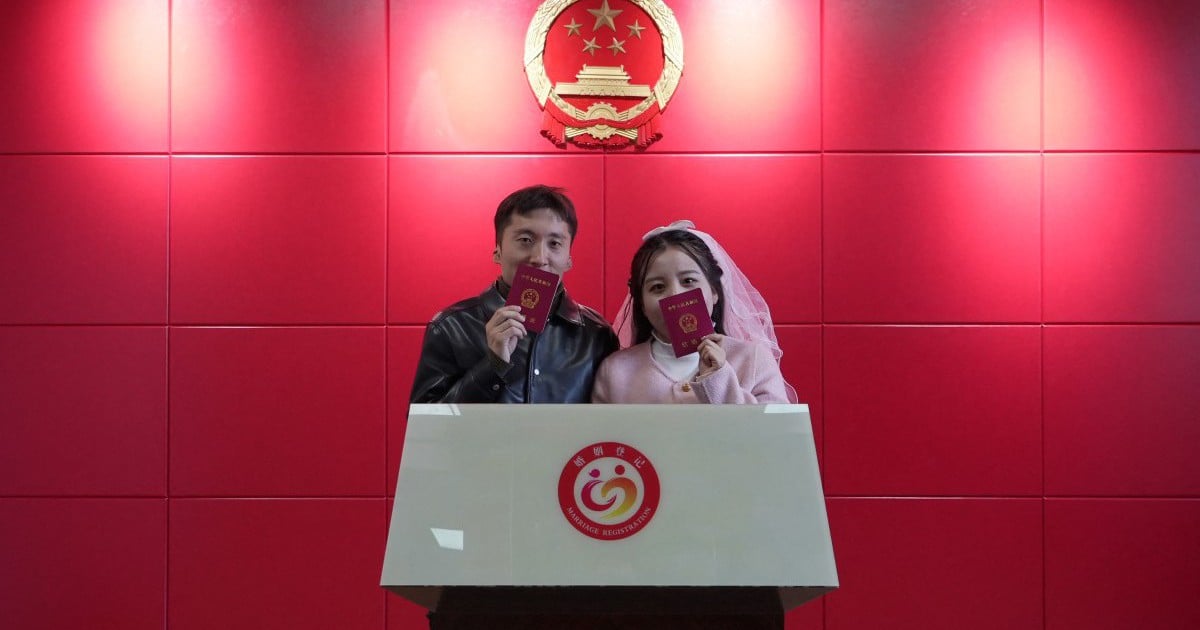

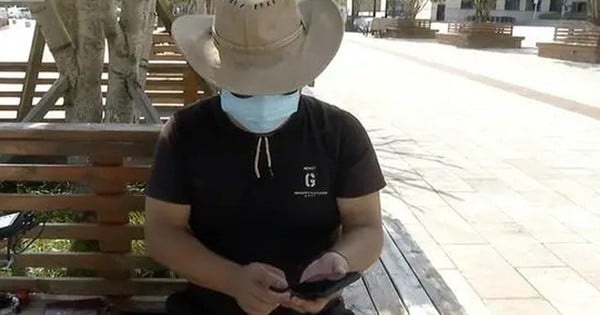

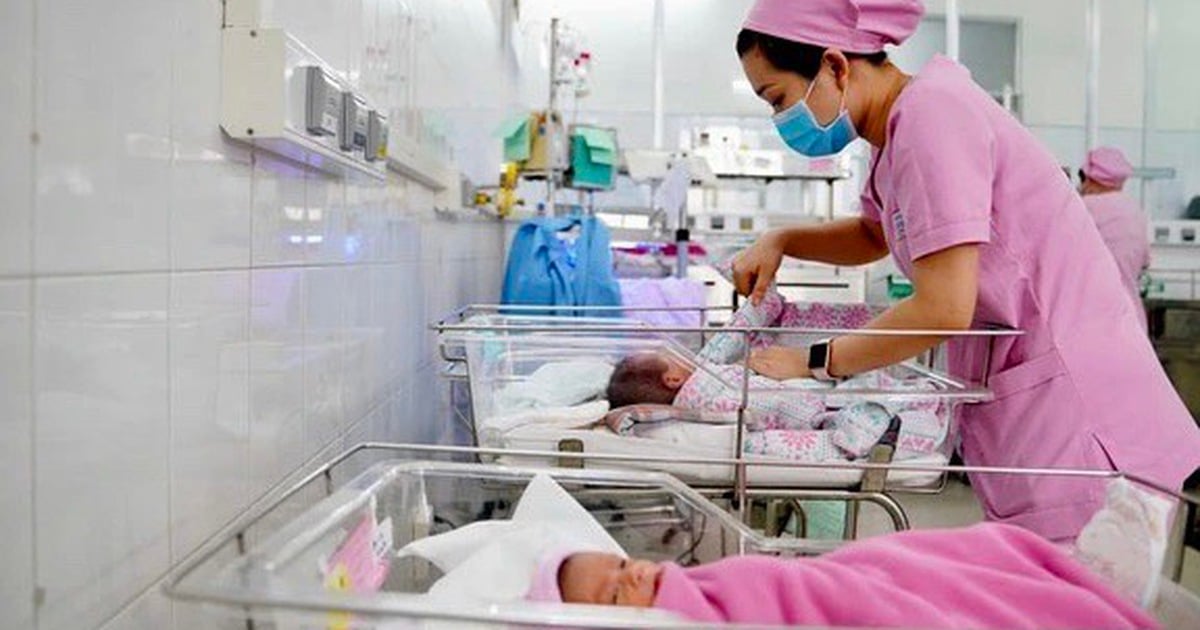








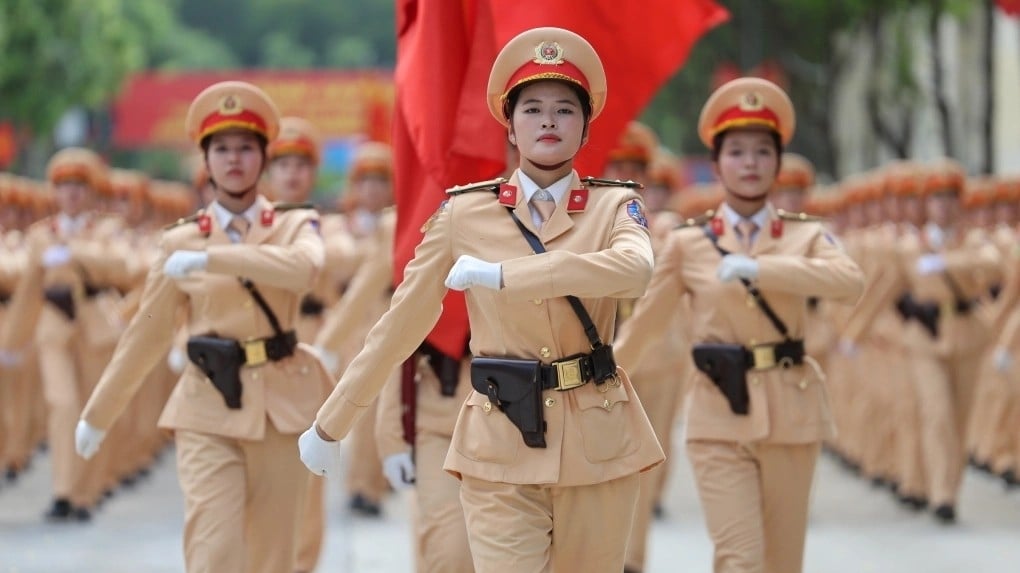
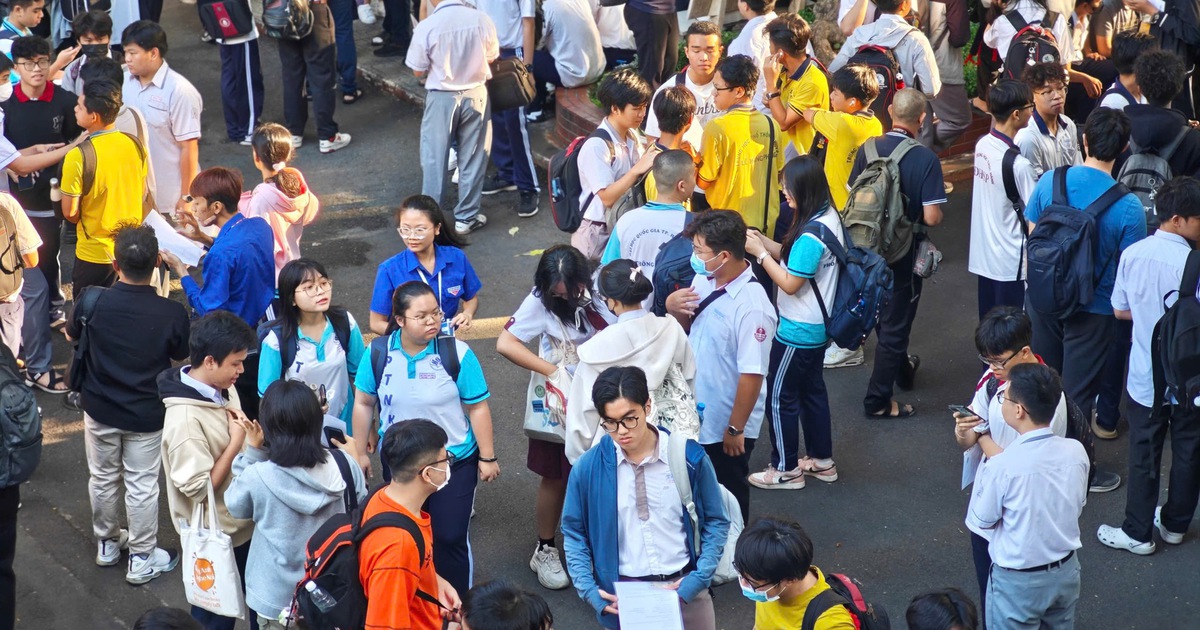
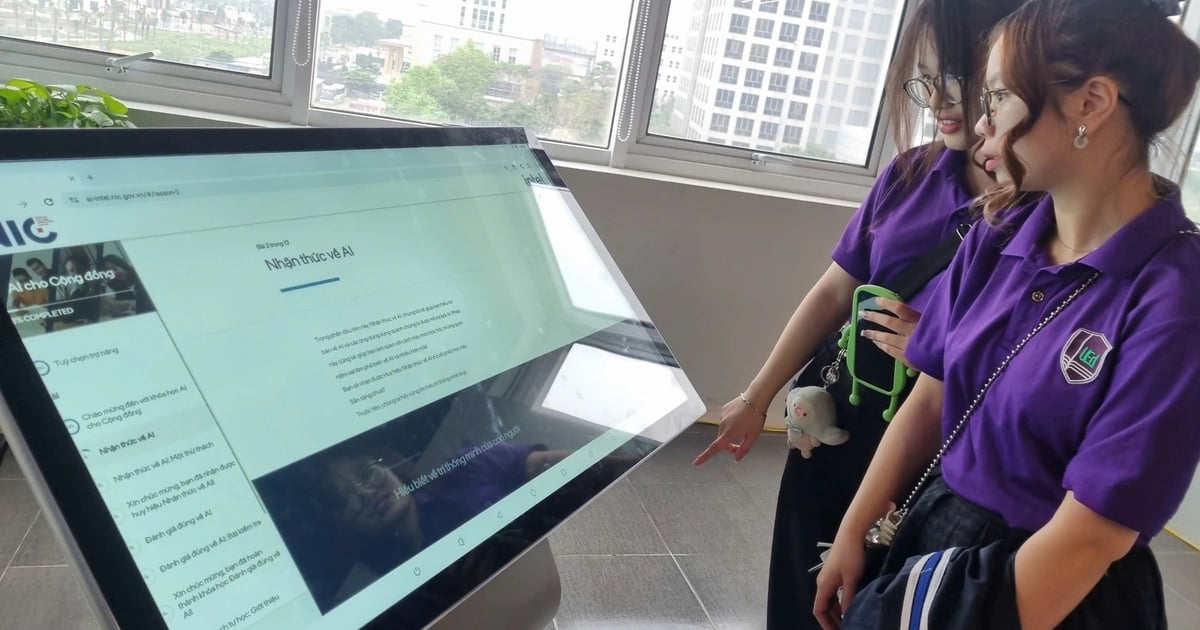






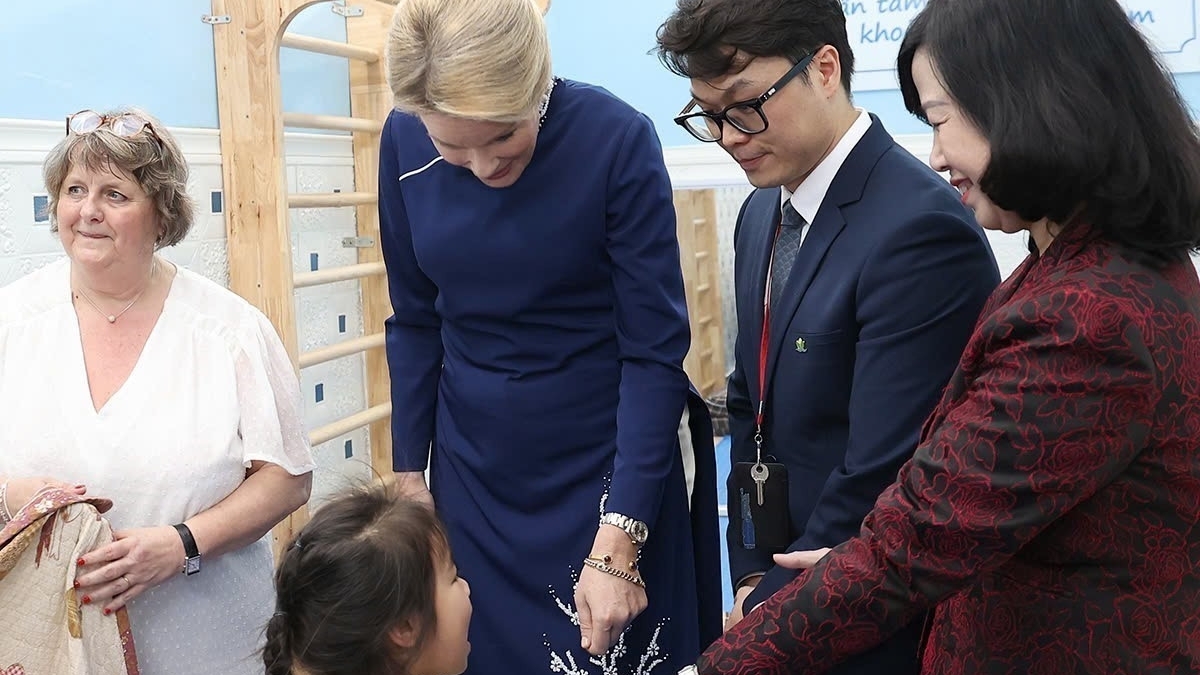

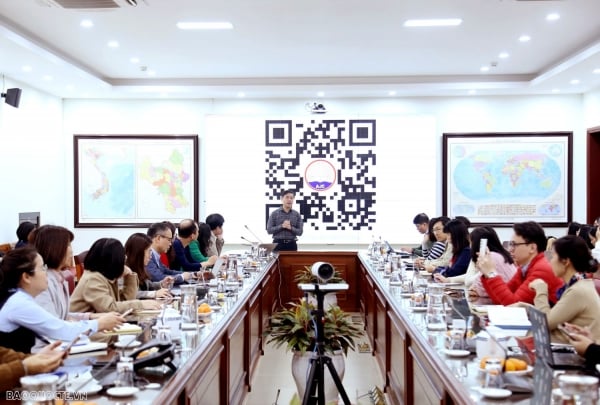






























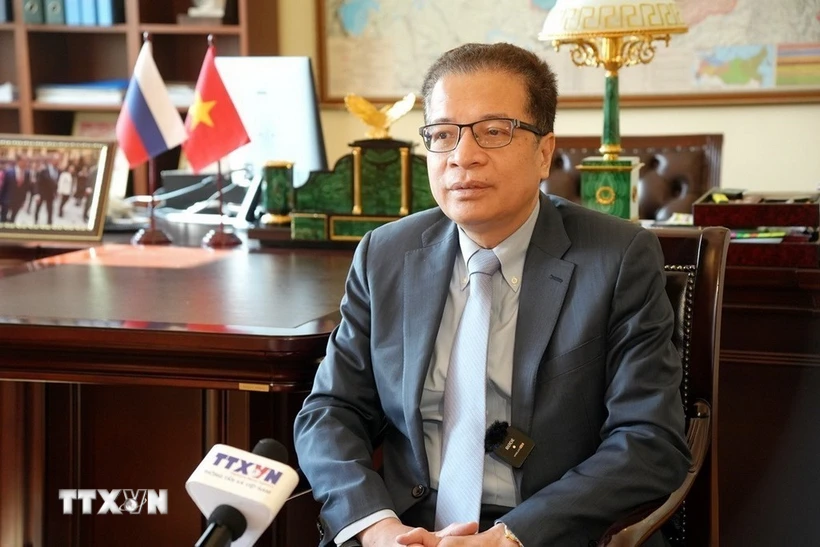
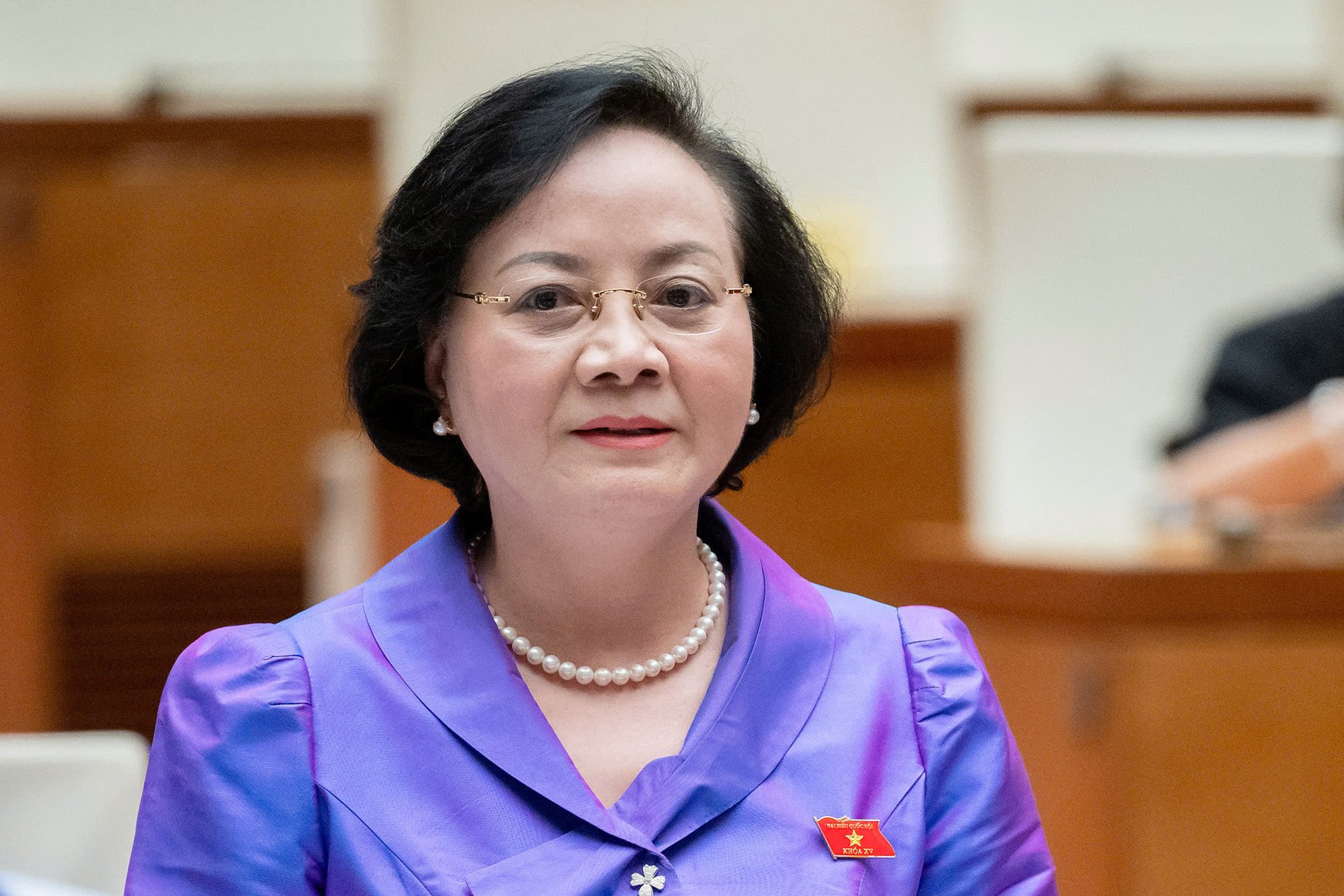











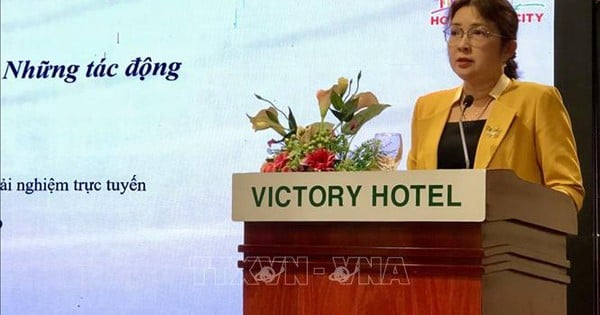






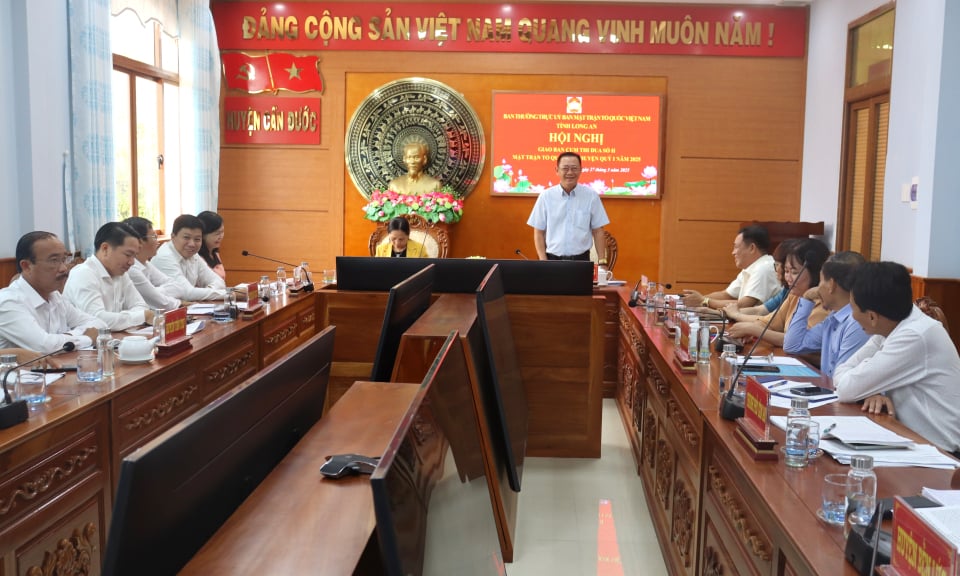












Comment (0)